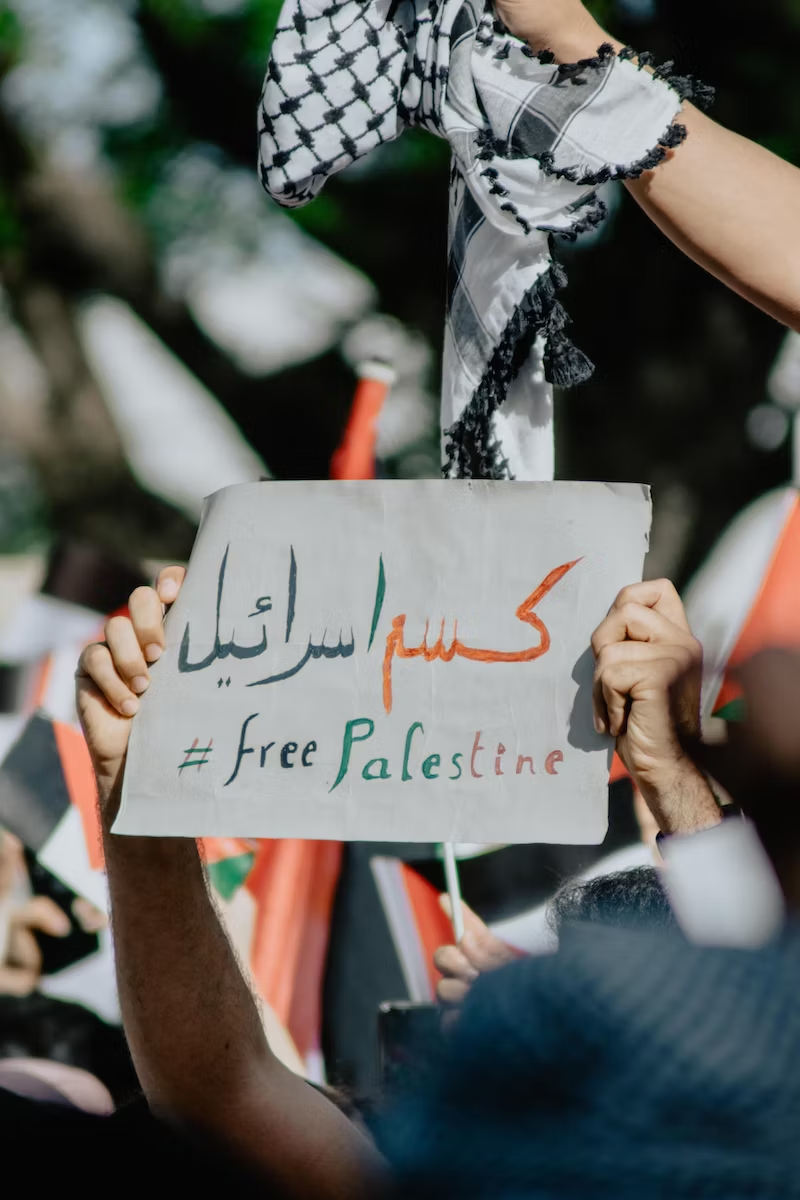Shifting Perceptions: How Public Opinion on Israel is Changing Amidst Hamas' Attacks
The attack on Israel by Hamas is the literal definition of terrorism. After breaking out from heavy defensive barriers separating Gaza and Israel, Hamas fighters explicitly targeted civilians for murder and abduction, with the equally explicit goal of capturing attention. In causing terror and getting global recognition for it, Hamas has certainly achieved its objectives loud and clear: a world that has only been weeks ago absorbed in the war in Ukraine has almost shifted attention to the Middle East overnight. The Israeli-Palestinian conflict, dormant as a political issue for years, suddenly reappeared as a global agenda.
But compared to past bouts of Palestinian terror and the inevitable Israeli retribution through military force, global public opinion has dramatically changed, surprisingly, in Hamas' favor. While cities in the Muslim world broke out into massive pro-Palestinian protests, as they have done in past episodes of Israeli attacks on Gaza or the West Bank, this time, similar protests, at an even bigger scale, broke out in major cities of the US and Europe, the traditional home of pro-Israeli sentiment. Not only were Muslim residents of these countries marching, but they were also joined by non-Muslims by the thousands.At first sight, it makes no sense. The US government and its European allies have all unequivocally expressed support for Israel and condemned Hamas for its terrorist attacks. Israeli calls for the wholesale eradication of Hamas have been echoed throughout Western capitals by top political and business leaders. With Western military, economic, and political support for Israel, Hamas is on the losing side, both in power and ethics. For Western citizens to dare stand up to their government, not for the greater good as it is expected of citizens, but to support an immoral terrorist organization.
Yes, one can make a clear distinction between Palestine and Hamas. The former exists as a nationalist concept, a country-in-waiting, deserving of support against Israeli attempts to snuff it out of existence. But as many (admittedly, Jewish and pro-Jewish) observers pointed out, pro-Palestinian protestors have been both anti-Israeli and antisemitic at times, with some openly calling for the liberation of Palestine from "sea to river" and thereby implicitly advocating for the destruction of Israel. Such statements can lead to many protestors crossing a red line between free speech and support for violence.
The fact that so many people are willing to overlook the unethical behavior of Hamas and potential criticism of antisemitism in vocal support of a Free Palestine shows that the image of Israel among the general public, even in the most staunchly pro-Israeli parts of the world, is turning a corner. Whereas it used to be a beacon of democracy in the overwhelmingly autocratic Middle East, Israel's credentials in the public imagination are being damaged beyond repair. The old association of its freedom and modernity is being replaced with a characterization of apartheid maintained by force.Hamas' attack came at such a critical juncture in the changing public image of Israel. Perhaps even its top leadership would have been surprised by just how their Hail Mary way of rallying the world to the dying Palestinian cause could have been so effective on the streets. As they face the full brunt of Israel's vengeful bombardment of Gaza, Hamas leaders now know full well that with each bomb its military drops, Israel would lose just a bit more sympathy. A country that used to be seen as the underdog surviving in a tough neighborhood of hostile Arabs has become a bit more like the bully of the neighborhood.
Will the continued pro-Palestinian protests change the fate of Gaza and the yet-unborn Palestinian nation? Unlikely given that the political power of Muslims remains far too dispersed and marginal. But the days of outright open support of Israel could be numbered in the most liberal bits of the West. Those on the left, in particular, will be increasingly loathe to see themselves supporting what some have characterized, perhaps ironically, Israeli terror, with a deadliness several times what the likes of Hamas and its fellow Muslim terrorist organizations in the region can.Perhaps, just perhaps, a visionary leader like Nelson Mandela can emerge among the Palestinians, ending the conflict once and for all by convincing Western leaders their interests can be fully protected even with a full-fledged Palestinian state entirely independent of Israeli infrastructure and power. When that day comes, pro-Palestinian protestors in the streets of New York, London, and Amsterdam no longer need a caveat to say they are against terror. They can come out and call out Israel for the murder of Gazan civilians, making it clear who is the villainous Goliath in the story of a decades-long conflict.




Comments
Post a Comment